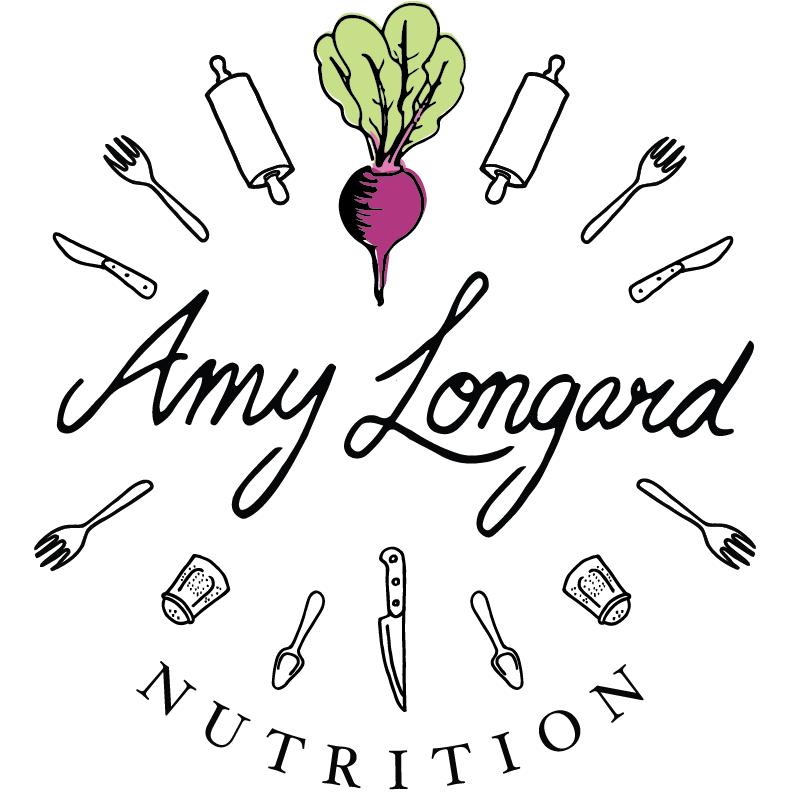The spooky side of soy!
I’m often asked about soy. And while I’m a fan, there are sinister aspects of this plant-based superstar. Given that it’s Halloween, I can’t think of a better time to delve into the spooky side of soy.
Spooky fact #1: soy is highly processed
In general I try to focus on whole foods. The same goes for soy. Soybeans are legumes (just like chickpeas, beans, peanuts, and lentils) and are very nutritious. They are a good source of protein, fibre, iron, calcium, and other minerals and vitamins. My faves are whole (or less processed) products like tempeh, edamame, tofu, soy milk (unsweetened is best) and soybean sprouts. I also use soy sauce, tamari and miso – but I should mention that they are saltier condiments so I use them sparingly.
However, the truth is that if you’re eating packaged or processed foods regularly you’re likely eating more highly processed soy than you'd think (along with a range of other not-so-nutritious ingredients). I suggest avoiding or limiting margarine, shortening, vegetable oil, and processed meat and cheese alternatives. Even some less obvious things – like store-bought breads, cookies, granola bars and cereals, and even many commercially prepared meats – likely contain some form of highly processed soy. Read the ingredients list on labels and you’ll become very aware of this.
Spooky fact #2: most soy products are genetically modified (GM)
In 2020 an upwards of 78% of soybean crops were GM.
That being said, most of the GM soy grown in Canada is not for human consumption and is intended for commodities such as livestock feed and biofuel.
If you’re looking to avoid GM soy, I have a couple simple solutions for you. Since a majority of GM soy production is used as feed for farm animals (including chickens, pigs, dairy and beef cows) try to avoid consuming factory farmed meat. Factory farmed meat is ubiquitous these days and seeking out alternatives takes extra effort and is likely more expensive. For me personally it's been easier to switch to plant-based proteins as they are more affordable and arguably better for you and the planet.
And when it comes to purchasing soy foods, focus on buying organic or non-GMO verified products. I always buy organic tofu, tempeh, soy milk, miso, edamame, etc, and if that's not available, I’ll look for non-GMO verified (it's the little butterfly symbol). These products are readily available at larger grocery stores and health food stores.
With all that being said, I hope to convey to you that while no food is perfect, in general soy foods can be good for you and are not very spooky at all.
